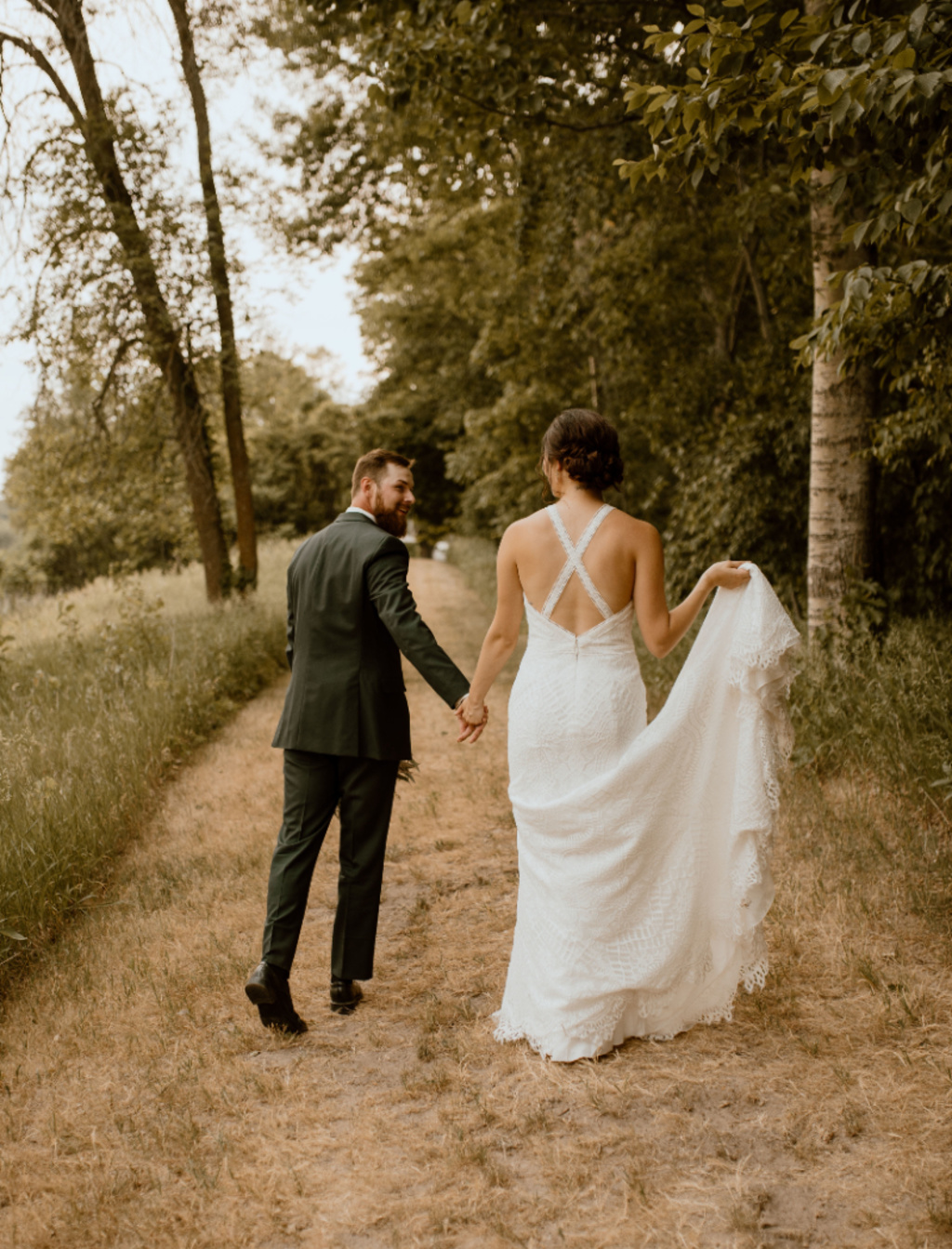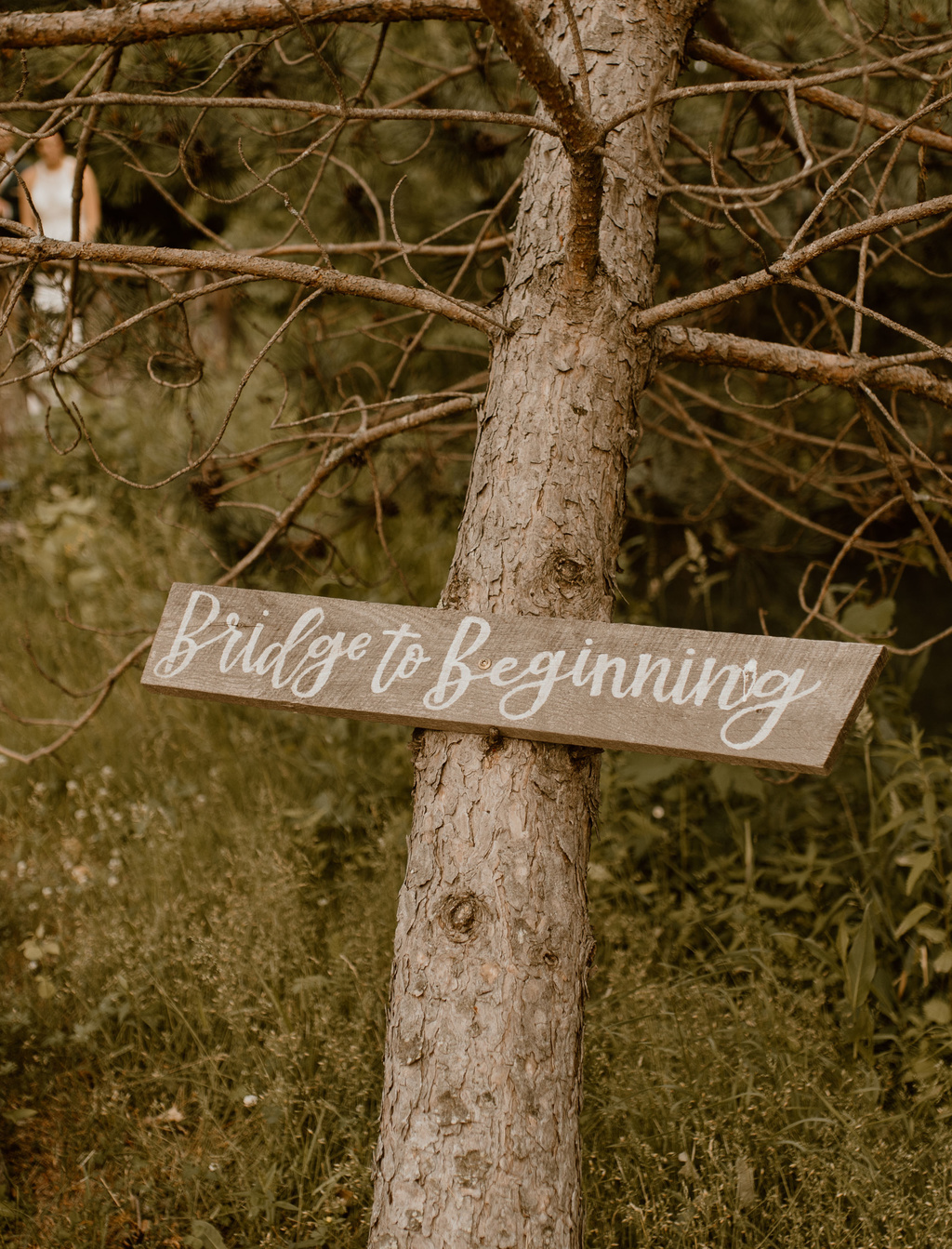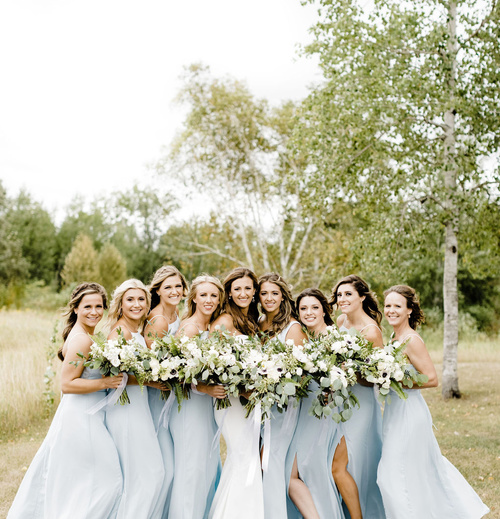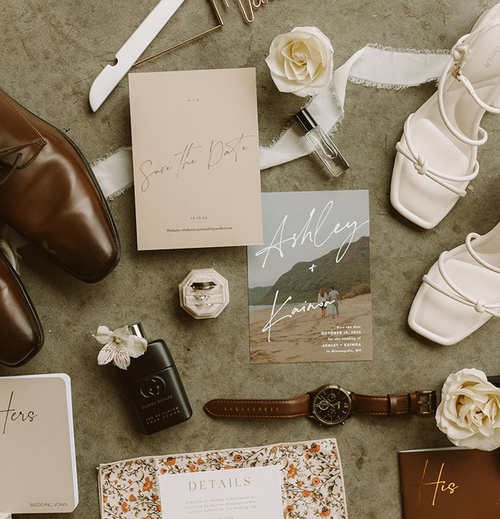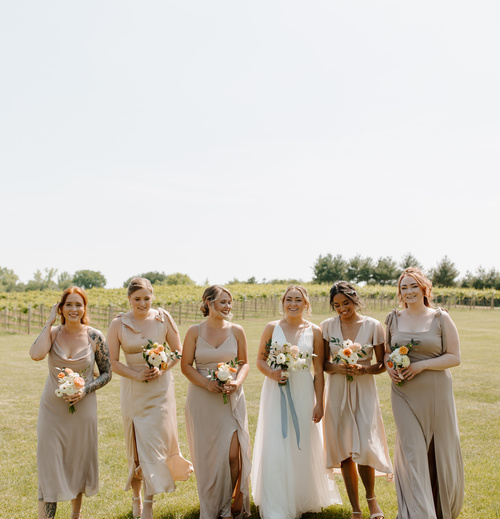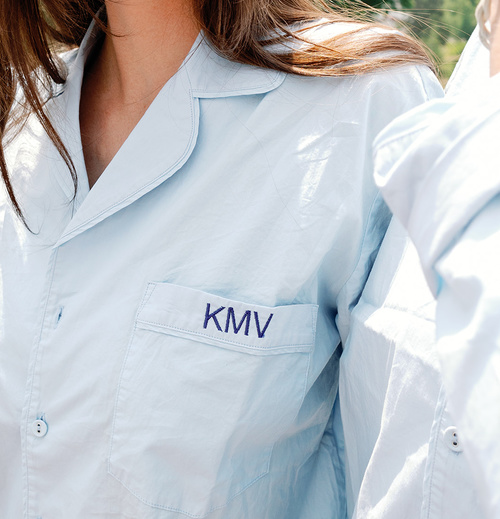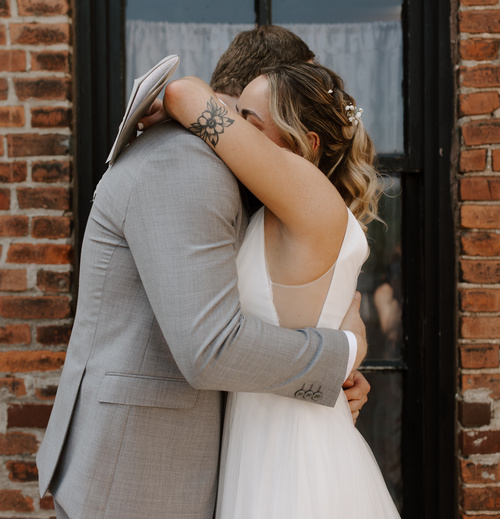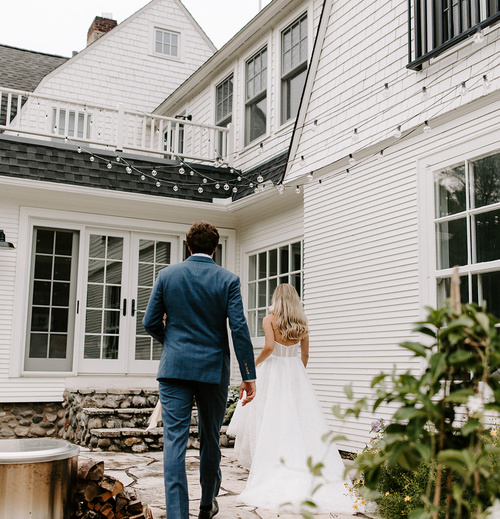The Ceremony Rehearsal: Does Your Planner Or Officiant Lead It?
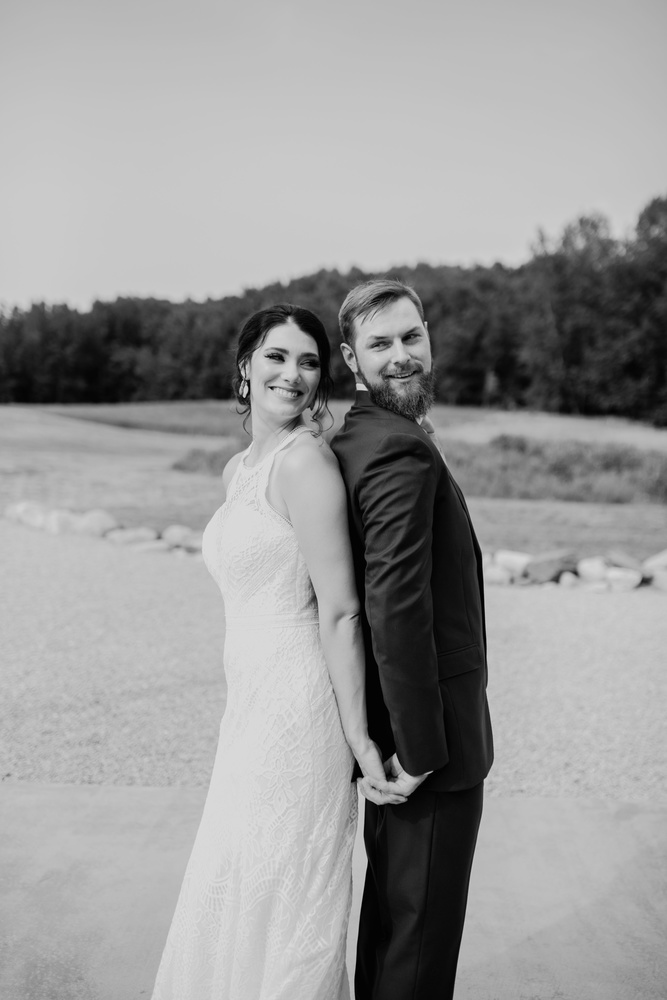

Your wedding rehearsal is the first event to kick off your wedding weekend. It may seem like an easy task (you’re only gathering your loved ones, right?), but… there’s actually a lot that goes on here!
1. Friends & family are getting introduced, or catching up after a long-time-no-see!
2. It helps set expectations so people know who stands where, when to walk, and who speaks when.
3. A quick run-through kicks some of the jitters aside for smooth sailing on the wedding day in front of your guests.
We applaud the bride who wants to direct her own rehearsal but trust us, you’ll be so much more relaxed & prepared if you let your wedding planner or officiant direct this!
Your officiant and planner are both knowledgeable about ceremony processionals, choreography, and directing members of your wedding party to walk and stand so they look photogenic and comfortable. Certified Wedding Planner Lily Hansen of HappiLily Events teamed up with Liz, the officiant & ceremony coach behind Liz Rae & Co., to help you decide which wedding pro should run the rehearsal.
1) Keep things consistent by having your wedding planner direct the rehearsal.
While your officiant can pause and direct your party during the rehearsal, they can’t interrupt the actual service to tell so-and-so when to walk or remind them to smile more since they’ll already be in front of your guests. So, during the rehearsal, let the planner give these cues just like they will on wedding day. Your planner can give each person a nod to walk and is there for last-minute flyaway hair touch-ups, straightening ties, and providing one last pep talk!
2) If your ceremony incorporates specific religious or cultural elements, your officiant should direct the rehearsal.
Your planner specializes in organizing the overall wedding details and professionally executing the day-of, whereas your officiant’s expertise is in conducting the ceremony. For particular religious or cultural elements, your officiant will have prior knowledge on the best way to flawlessly incorporate any specific religious or cultural traditions throughout the ceremony. The more specific to a particular background, the better it is to have the officiant lead the rehearsal for the most efficient process.
3) If you’re comfortable and familiar with your officiant, trust that they will know exactly what to do the day of without practice.
During the rehearsal, you will generally NOT be going through your entire vows, readings, blessings, etc. You’ll do a quick run-through of the order of events without reenacting the whole thing. This is really for your benefit – the officiant already knows how it all goes! That said, if you’re comfortable and familiar with your officiant, they don’t need to attend the rehearsal. They’re a professional, and they’ve done this time and time again. However, if you don’t know your officiant very well, inviting them to the rehearsal can be an excellent way to break the ice to feel more comfortable on the wedding day when they marry the two of you.
4) Lean on your wedding planner to help guide your family/friend officiant.
If you’re using a friend or family member to officiate, we love it! However, this whole ceremony thing can be just as nerve-wracking for them. Let them tag-team the rehearsal with the planner; your planner can cue the timing, walking pace, and stance while the officiant can take over to run through the order of events. This way, your officiant can get more comfortable and practice a bit too.
Now, ready to get planning? Pop over here for some advice on planning a microwedding.
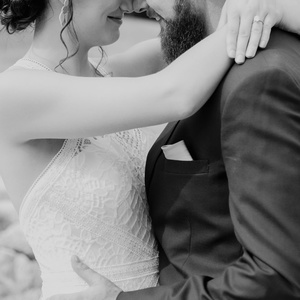

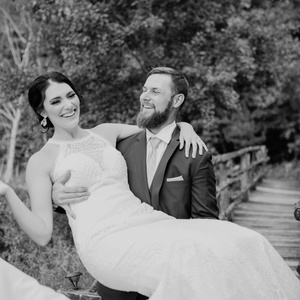

Wedding Chicks vendor, HappiLily Events created this post. Email Hello@HappiLilyEvents.com with a link to the post and any credit changes or additions.
Blog Posts
RELATED STORIES
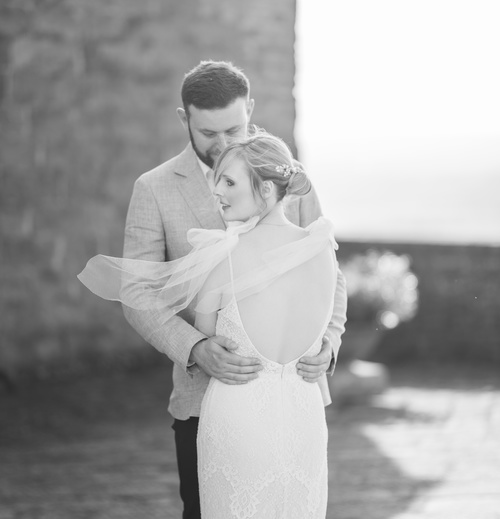

Getting Married In Tuscany Is Always A Good Idea
Embarking on a journey of love amidst
the rolling hills, picturesque vineyards, and historic charm o...
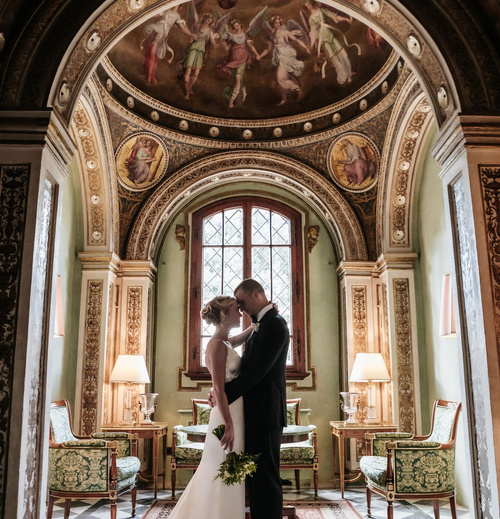

Why Choose Tuscany For Your Destination Wedding?
In recent years Tuscany has become a very popular destination for celebrating your wedding. More and...

